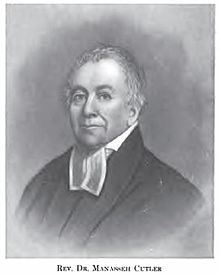
Back ملحق ديني Arabic Капелан Byelorussian Капелан Bulgarian Kapelan BS Kaplan Czech Caplan Welsh Kapellan Danish Kaplan German Καπελάνος Greek Capellán Spanish

A chaplain is, traditionally, a cleric (such as a minister, priest, pastor, rabbi, purohit, or imam), or a lay representative of a religious tradition, attached to a secular institution (such as a hospital, prison, military unit, intelligence agency, embassy, school, labor union, business, police department, fire department, university, sports club), or a private chapel. The term chaplaincy refers to the chapel, facility or department in which one or more chaplains carry out their role.
Though the term chaplain originally referred to representatives of the Christian faith,[1][2][need quotation to verify] it is now also applied to people of other religions or philosophical traditions, as in the case of chaplains serving with military forces and an increasing number of chaplaincies at U.S. universities.[3] In recent times,[when?] many lay people have received professional training in chaplaincy and are now appointed as chaplains in schools, hospitals, companies, universities, prisons and elsewhere to work alongside, or instead of, official members of the clergy.[4] The concepts of a multi-faith team, secular, generic or humanist chaplaincy are also gaining increasing use, particularly within healthcare and educational settings.[5]
- ^ Compare: Morgan, Hugh H. "The Etymology of the Word Chaplain". International Pentecostal Holiness Church Ministries. Archived from the original on September 5, 2008. Retrieved April 3, 2021.
The cappellanus (chaplain) was a member of one institution – a priest of the church serving in another institution – the king's army.
- ^ Legood, Giles (1999). Chaplaincy: the church's sector ministries. London: Cassell. ISBN 978-0304702954.
- ^ "Humanist Chaplaincies". humanistchaplaincies.org.
- ^ Norman, J. (2004). At The Heart of Education: School Chaplaincy and Pastoral Care. Dublin: Veritas.
- ^ "Multi-Faith [Spaces]". University of Manchester. March 2012. Archived from the original on October 15, 2012.